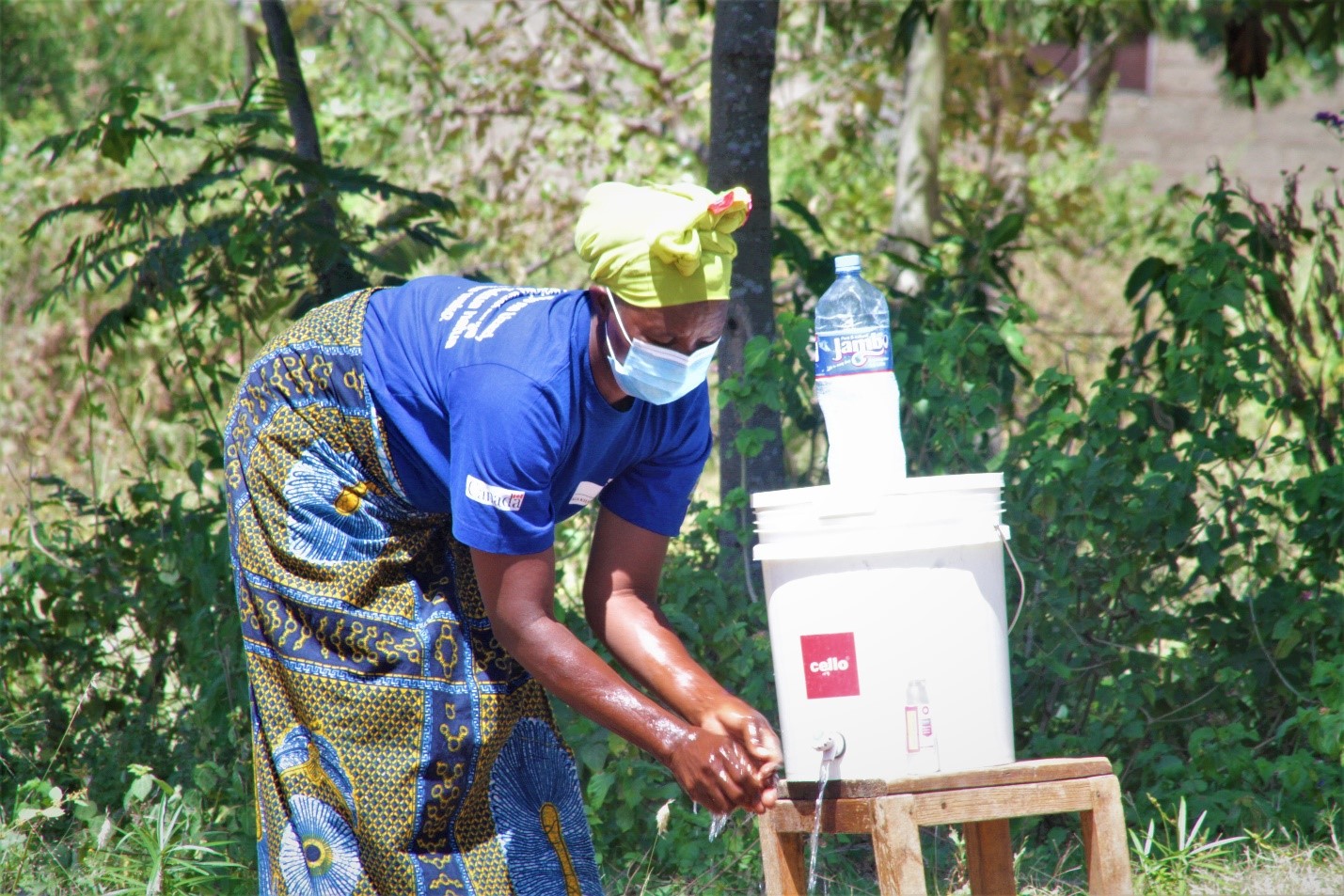In July 2020, Savrigul, a Tajik community health worker living in the remote, mountainous Gorno-Badakhshan Autonomous Oblast (GBAO) took part in training on COVID-19 preventative measures, case detection and referral to health facilities. She also received personal protective equipment to support her ongoing activities as part of the primary healthcare system in Shugnan District. This proved critical in August, during Savrigul’s regular home visits in her community. She encountered a man with high fever and suspicious symptoms, so Savrigul helped coordinate his transfer to the hospital while supporting the rest of the family in isolation.
Savrigul’s story is one of many seen throughout the Aga Khan Development Network’s (AKDN) response to the pandemic these past seven months. As part of an existing primary healthcare approach, community health workers like her are playing an indispensable role in AKDN’s response to COVID-19.
Community health workers are typically volunteers selected by their communities, who visit homes door-to-door to provide families with information, basic primary care services and referrals. Because they are already trusted members of the community, they are a natural fit to raise community awareness of COVID-19, and carry out case detection, isolation, referral and home-based treatments.
To respond effectively to the virus, community health workers must be equipped with up-to-date information, personal protective equipment to keep them safe, and supplies to screen and test patients early. Over the past seven months, AKDN has mobilised, trained and equipped thousands of community health workers across Asia and Africa. Lesson learnt? These frontline health volunteers – who have supported hundreds of thousands of women, men, girls and boys in their communities – make up the most efficient workforce in fighting the pandemic in low- and middle-income countries.
akf-tanzania-gaudencia-handwashing.jpg

This text was adapted from an article posted on the AKF Canada website.
Latest On AKDN




